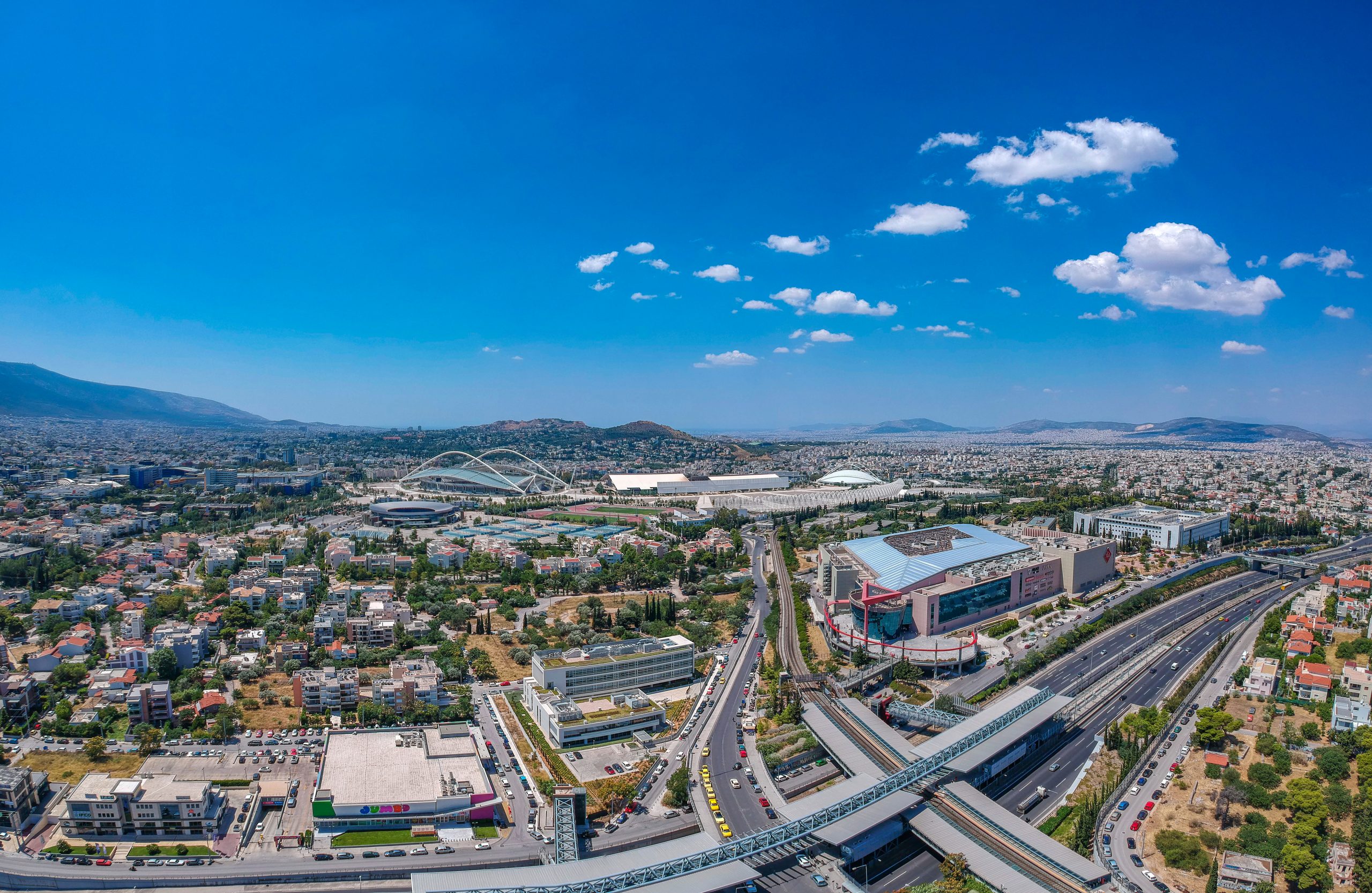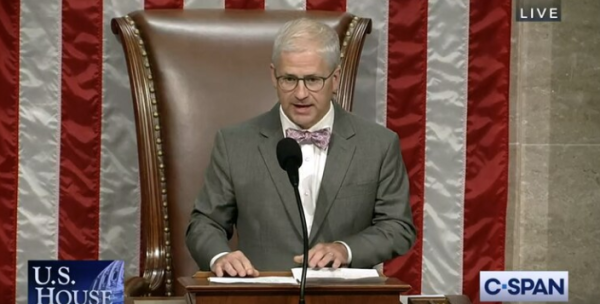
The estimate that in the coming years we will see more Israeli investments in the field of real estate in Greece, both in Athens and Thessaloniki and in popular Greek islands, such as Crete, Lefkada and Corfu, noted Eitan Maoz, founder and CEO of EM Global Real Estate Investment and a member of the executive committee of the Israeli-Greek Chamber, based in Tel Aviv, speaking to APE-MPE.
He notes that large Israeli real estate investment companies, which operate exclusively or mainly in the US and rely on the exploitation of real estate in the form of shares, have begun to be interested in Greece, seeing the developmental perspective of the country.
On the contrary, of course, according to Mr. Maoz, there is a feeling among some investors in Israel that the train of opportunity for very high real estate returns in our country may have already been lost. This is because prices are now following the upward trend in relation to the gold “deals” of the period of the financial crisis of 2009, and may already be considered very high in areas such as the Athenian “Riviera”.
In addition, the banking system seems to be a disincentive for some Israeli real estate investors, as “while in the US or Germany they take loans at very competitive interest rates, in Greece they do not even get to the point of negotiating interest rates, as their loans they are often never approved,” says Mr. Maoz, speaking to APE-MPE from Tel Aviv, where he returned after a two-week stay – in the middle of snow – in Athens (the company of the Israeli businessman is in the process of buying a property in Kallithea, for a price of EUR 1.5 million).
In any case, Israeli real estate investments in Greece are on the rise, with Israeli Ambassador to Athens Yossi Amrani pointing out that his country is one of the top “players” in the Greek tourism and real estate market.
How many millions of euros does this investment presence translate into is unknown. According to Mr. Maoz, it is almost impossible to record the total amount of Israeli real estate investments in Greece – among other things because many entrepreneurs do not invest directly from Israel, but through other countries.
Born businessmen and Israel’s American dream
What is certain is that, even if it cannot be fully quantified, there is interest. Both from individuals who want to make the most of their high-income savings – the average salary in Israel was 3,170 euros in 2021 and the minimum was over 1,300 – and from large investors, for example, in the hospitality sector.
According to Mr. Maoz, who is taking Greek language courses with the aim of mastering the language fluently until the end of 2022, the Israelis have an innate entrepreneurial spirit, which is evident from the fact that the country is among the top in the world. the per capita number of start-ups.
Therefore, not only investors, but also ordinary citizens, want to invest their money, given that in Israel there is also what we call the “American dream”, people want to see their money grow through their investments and when find an opportunity, they will seize it. Real estate is a relatively safe investment. “And because real estate prices in Israel are very high, they are looking for opportunities abroad.”
When the Greek way of life is two hours away by plane
Abroad, the closest markets to Israel with prospects for returns are Greece and Cyprus. “One reason they invest in Greece is the geographical proximity. Many Israelis buy real estate in the United States, which they may never see up close. While Greece is two hours away by plane. You can not only see your property, but also benefit from the good weather and the way of life”, notes Mr. Maoz.
The proximity is not only geographical, but also in culture and customs, as the two peoples may differ in many things, but they also have much in common, says the Israeli businessman and member of the executive committee of the Israeli-Greek Chamber, adding that other motives are the still low real estate prices, the fact that Greece is an EU member state, the political and monetary stability, but also the tax benefits that derive from the bilateral conditions between the two countries.
Greece “off the map” for Israel’s conservative pension funds
If small private investors, the equity funds and hotel companies are already investing their money in Greece, for other categories of Israeli investors, our country remains off the “map”. This applies -for example- to institutional investors, such as pension and insurance funds, who are looking for large projects (around or over 100 million euros), hard to find in Greece in the field of real estate, while in addition the operation is regulated by the Israeli government, which requires conservative investments without risk. As a result of the combination of these factors (lack of large projects and regulation), such investors, who have already invested hundreds of millions of euros in the US or German real estate markets, are not currently actively “looking” at Greece.
“In any case, I believe that the trend for the coming years is the continuation of Israeli investments in Greece, since looking at macroeconomic data and charts, we see that the economy will become stronger, that the country is moving forward,” he said, adding that in this picture Major infrastructure projects and ventures, such as the Athens Metro or the renovation of the “Ellinikon” area, also contribute, while the role of the Israeli-Greek Chamber, which encourages investors to consider Greece as an investment destination, is crucial.
Which areas are of interest
In which areas of Greece is the Israeli investment interest in real estate focused? “It means Athens, but also Thessaloniki, as the average investor first of all chooses the location and usually looks first at the capital and the big urban centers. But in the field of hospitality, there is of course a lot of interest for islands like Crete, and for several years Lefkada – which is accessible by road.
Evia is of limited interest, although it is the second largest island in Greece and also has road access. Many investors in Israel do not know it or do not consider it an international tourist destination. From my experience in the Attica market, I see that, unlike other nationalities such as Russians, Chinese and Arabs, Israelis are not interested in the southern suburbs of Attica, the Athenian Riviera, probably because they think they already have a very high entry point (market entry price) “, noting that -also in contrast to the aforementioned nationalities- the Israelis do not show much interest in the” golden visa “program in Greece.
“There are not enough cranes,” but construction has begun to move
He adds that although today he does not see many cranes – and therefore construction sites – in Athens, there is room for growth in the real estate market and already identifies examples of construction of new buildings in areas such as Ampelokipi, Neos Kosmos and Gyzi district, but also a trend for renovation of apartments, for which there is a strong demand from students. In addition, he says, in the northern suburbs of Athens there seems to be demand, but not enough supply of real estate.
What are the main problems and challenges faced by Israeli investors in Greece in the field of real estate? In addition to the problem with bank loans, which has already been mentioned and according to Mr. Maoz, it removes medium-sized investors with funds of 1-2 million up to 10 million euros for placement, in smaller investments, of 600,000-1 million euros, a significant problem is also the fact that sellers often ask for the sale of the property in cash.
Another problem is the lack of transparency in the market. As he says, in Israel there is a database “in which you can see all the transactions, to know, for example, which transactions took place in the previous period on the third floor of the house where you want to buy an apartment”. Challenges for prospective buyers are also – as he says – the lack of adequate guarantees from contractors in Greece, but also the guarantees and the law concerning tenants.
“Foreign investors in Greece are often treated with caution. I think it should be made clear that these investments improve the infrastructure and bring income and jobs in the country with good salaries, in fact, to manufacturers, electricians, plumbers, painters and many other professions,” he concludes.
Latest News

Airbnb: Greece’s Short-Term Rentals Dip in March Amid Easter Shift
Data from analytics firm AirDNA shows that average occupancy for short-term rentals dropped to 45% in March, down from 49% the same month last year.

Easter Week in Greece: Holy Friday in Orthodoxy Today
At the Vespers service on Friday evening the image of Christ is removed from the Cross and wrapped in a white cloth

Meloni and Trump Meet in Washington, Vow to Strengthen Western Ties
“I am 100% sure there will be no problems reaching a deal on tariffs with the EU—none whatsoever,” Trump stressed.

ECB Cuts Interest Rates by 25 Basis Points in Expected Move
The ECB’s Governing Council opted to lower the deposit facility rate—the benchmark for signaling monetary policy direction—citing an updated assessment of inflation prospects, the dynamics of underlying inflation, and the strength of monetary policy transmission.

Current Account Deficit Fell by €573.2ml Feb. 2025: BoG
The improvement of Greece’s current account was mainly attributed to a more robust balance of goods and, to a lesser extent, an improved primary income account

Hellenic Food Authority Issues Food Safety Tips for Easter
Food safety tips on how to make sure your lamb has been properly inspected and your eggs stay fresh.

Greek Kiwifruit Exports Smash 200,000-Ton Mark, Setting New Record
According to data by the Association of Greek Fruit, Vegetable and Juice Exporters, Incofruit Hellas, between September 1, 2024, and April 17, 2025, kiwifruit exports increased by 14.2%.

Easter Tourism Boom: Greece Sees 18.3% Surge in Hotel Bookings
Among foreign markets, Israel has emerged as the biggest growth driver, with hotel bookings more than doubling—up 178.5% year-on-year.

Greece to Launch Fast-Track Tender for Offshore Hydrocarbon Exploration
Last week, Papastavrou signed the acceptance of interest for the two Cretan blocks, while similar decisions regarding the two Ionian Sea blocks were signed by his predecessor

American-Hellenic Chamber of Commerce to Open Washington D.C. Branch
AmCham's new office aims aims to deepen U.S.-Greece economic ties and promote investment and innovation between the two countries







![Πλημμύρες: Σημειώθηκαν σε επίπεδα ρεκόρ στην Ευρώπη το 2024 [γράφημα]](https://www.ot.gr/wp-content/uploads/2025/04/FLOOD_HUNGRY-90x90.jpg)




![Airbnb: Πτωτικά κινήθηκε η ζήτηση τον Μάρτιο – Τι δείχνουν τα στοιχεία [γράφημα]](https://www.ot.gr/wp-content/uploads/2024/07/airbnb-gba8e58468_1280-1-90x90.jpg)

























![Airbnb: Πτωτικά κινήθηκε η ζήτηση τον Μάρτιο – Τι δείχνουν τα στοιχεία [γράφημα]](https://www.ot.gr/wp-content/uploads/2024/07/airbnb-gba8e58468_1280-1-600x500.jpg)


 Αριθμός Πιστοποίησης
Αριθμός Πιστοποίησης